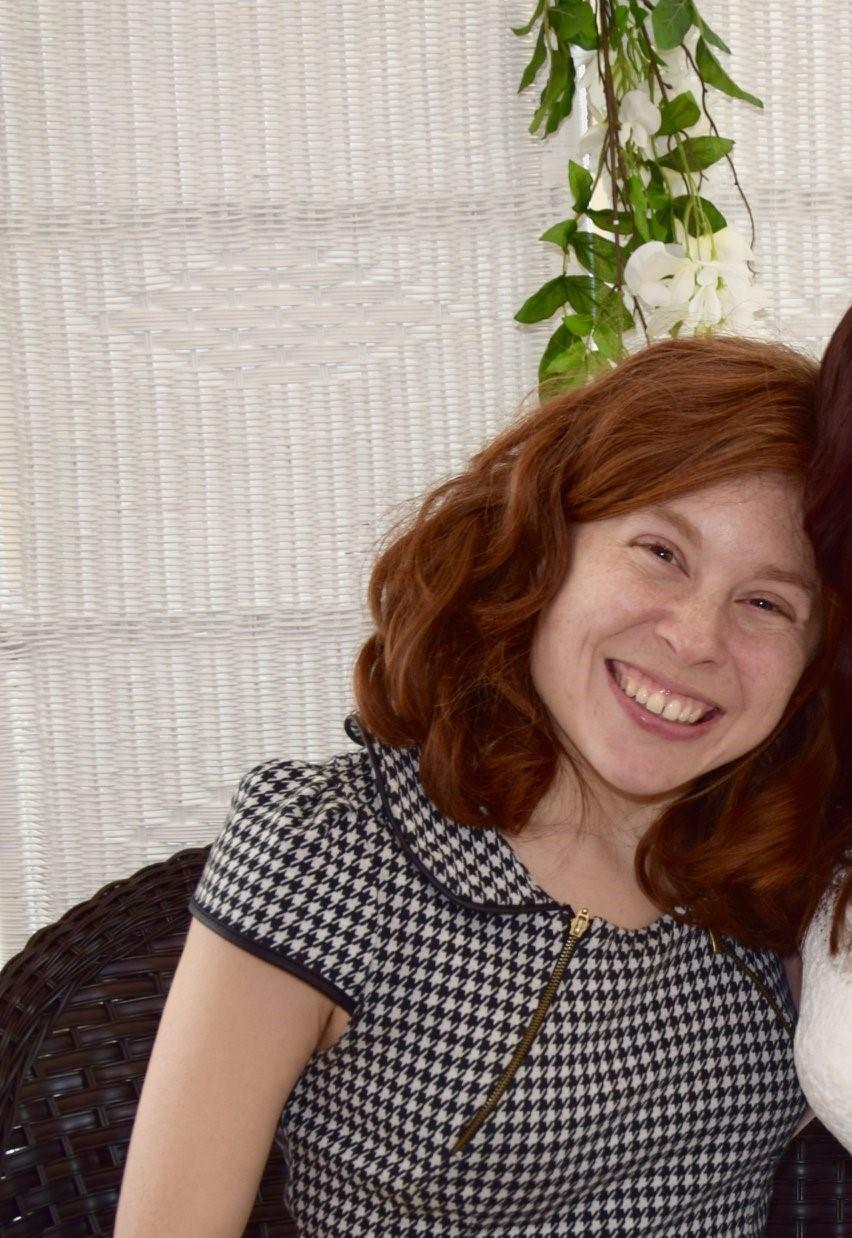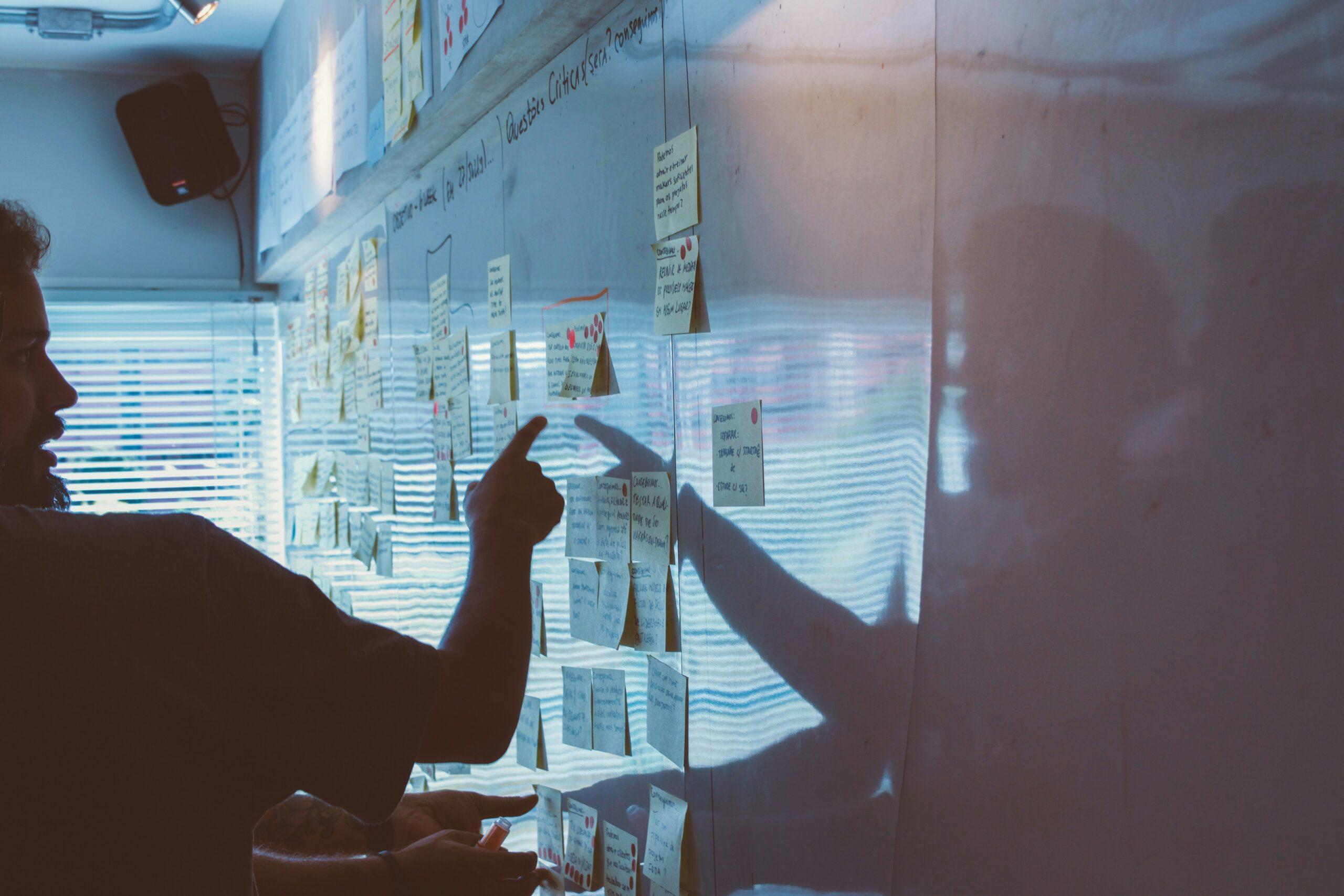How Women-Led Startups Impact Local Communities

Do women CEOs make the world a better place? According to accounting firm Ernst and Young (E&Y), 74% of respondents in the firm’s survey of women entrepreneurs feel responsible to give back to their communities because they own a business.
Some ways respondents give back to their communities include corporate volunteer efforts and doing business with local and diverse vendors to promote economic growth within the community.
Here are some unique ways that women founders positively impact their communities.
Volunteering In The Community
A couple of ways women founders give back to their communities are through service and philanthropy. Carmen Jones founded her Atlanta-based non-profit Black Girls Social Club (BGSC) to create community for Black women and is passionate about mobilizing the organization members for both local and national community service efforts.
“We want to touch the most marginalized of us all and needs the most support, children, women, those living in poverty,” Carmen said.
Some causes BGSC supports include causes such as education and breast cancer awareness. The organization even expanded their reach internationally to support STEM education in Costa Rica.
Sometimes volunteer efforts can include providing the company’s services at community events. Tiffany Wilson, a licensed massage therapist and owner of Well-Rested Massage in Massachusetts, holds self-care workshops that are open to the general public.
“The main workshops I do are to facilitate connection and well-being in the community,” Tiffany said.
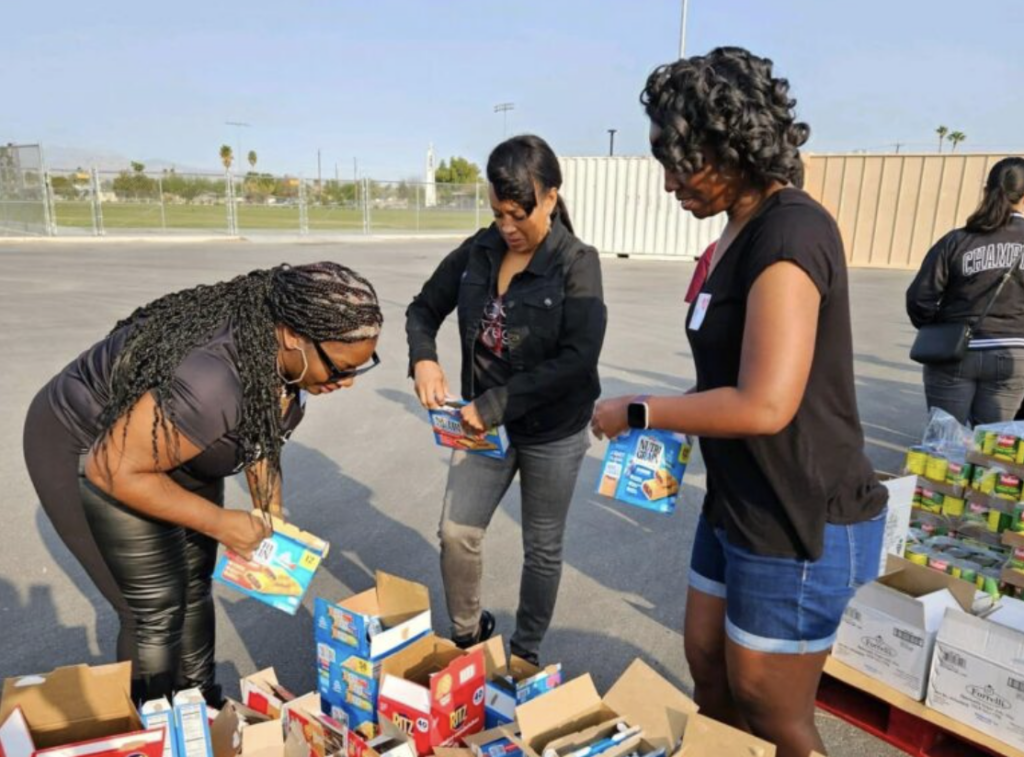
Choosing Diverse Vendors
The Small Business Administration of the United States recently shared that women-owned small businesses employ over 10 million Americans. Some small business owners such as Tiombe O’Rourke are intentional about employing and giving opportunities to a diverse group of people, including people who may not have easy access to opportunities.
Tiombe founded her non-profit, True Blue 1881, to eradicate food, shelter and economic insecurities for students at Historically Black Colleges and Universities (HBCUs.) She often holds fundraisers for the organization and makes sure to choose vendors for these events who represent the communities she’s supporting.
“I am meticulous in selecting vendors, businesses, and venues for our student events, striving to support HBCU alumni and local minority-owned businesses,” Tiombe said.
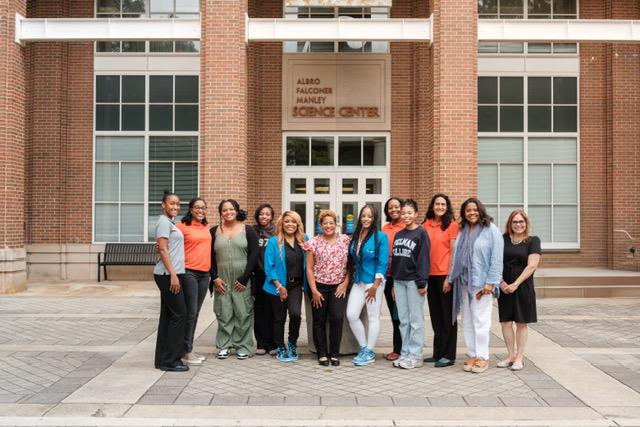
When Community Is The Product
For some founders, the product itself is community building. Carmen founded BGSC because she struggled to build a social network as a young professional.
“When you get older, it gets harder and harder to find friends,” Carmen said.
She started BGSC to address this need and give black women the chance to get to know each other through a built-in social network, offering a mix of social, community service and professional development events.
“My hope is that we can bring joy to women across the world. We want to let them know that they don’t have to do life alone and that they can find community,” Carmen said.
Alyssa O’Toole runs Musician’s Playground, a music studio which she describes as “extraordinarily community focused,” that offers group classes in guitar, piano and singing for musicians and music enthusiasts in the Boston area.
“It helps that we’re offering something that’s enriching for the community like music,” Alyssa said.
Musician’s Playground also promotes community by holding bimonthly recitals called Happy Hours, which combine a social hour with musical performances.
“I believe a stronger, more connected community is a more successful one, so no doubt this is a pillar of the community just for offering the space for people to come, learn and make music,” Alyssa said.
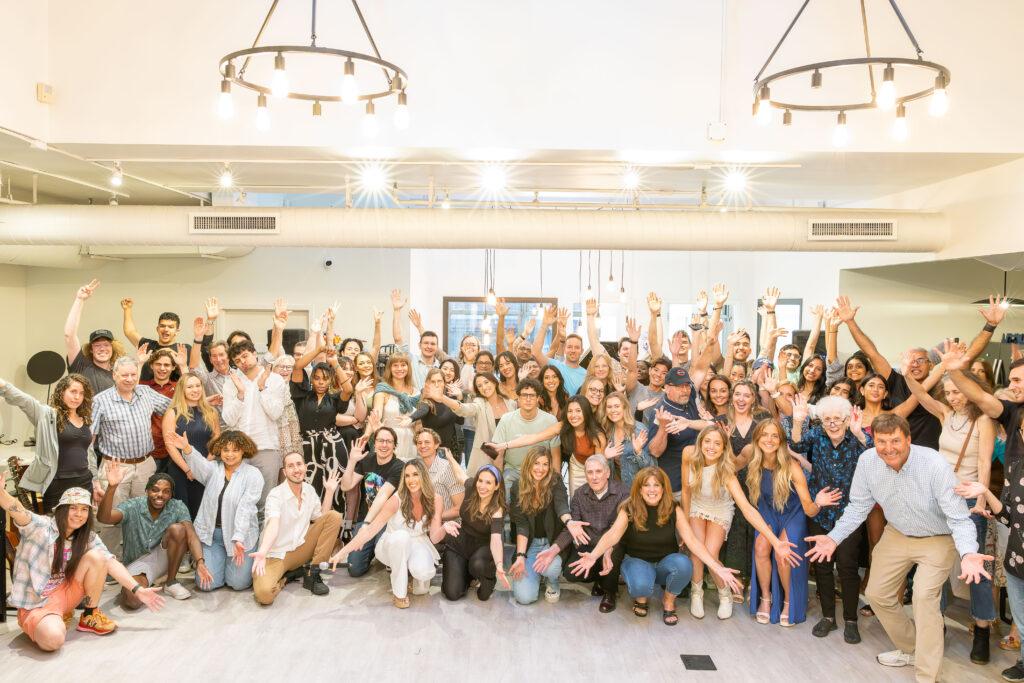
How To Magnify The Impact Of Women-Owned Businesses
Hela Cheikhrouhou, Vice President of the International Finance’s Corporation’s Middle East division, wrote in an essay for Harvard’s Kennedy School, “We must remember that female enterprises are more likely to create social impact through the businesses they create and operate.”
Her advice to give women run businesses the chance to continue their positive social impact: invest in women-owned businesses and promote education and training among women entrepreneurs.

